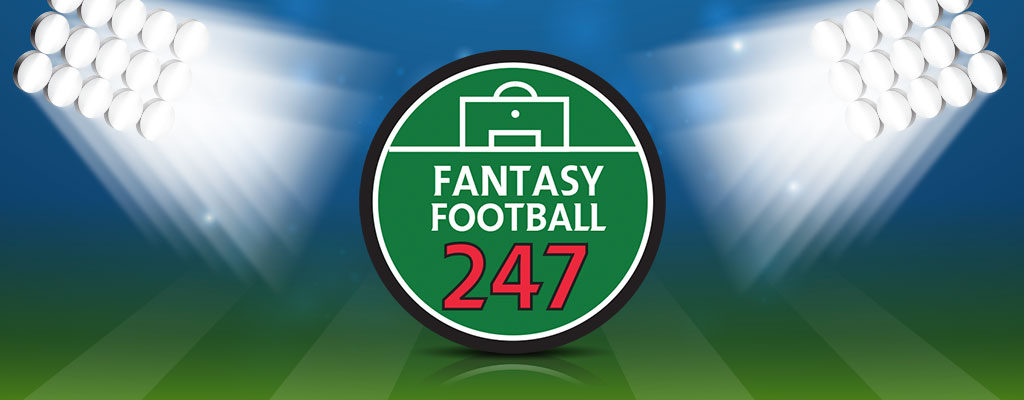How Sports Can Help Develop Your Creativity and Writing Skills
Some people believe that sports only help our bodies. Sure, being athletic improves your physical health and makes you stronger and more resilient. However, the lessons we learn in the gym also help us in daily life. In fact, young athletes greatly benefit from their training when it comes to school and creative work. Sports help prepare young minds for the real-world challenges, be more assertive in their self-expression, better grounded and concentrated on their work, and be highly motivated in everything they do. All these qualities come as a result of sports. Let’s have a closer look at that. This is how sports can help develop your creativity and writing skills.
Motivation and Dedication
Creative types often lack confidence and assertiveness in pursuing their dreams and goals. Sports can teach young people about the importance of being dedicated to each task you take upon yourself. Athletes have to overcome great challenges in their training. They also have to face defeats and yet find the motivation to continue. These same lessons are highly appropriate for any creative work.
Young writers, for example, often struggle to discover the motivation to write consistently. Yet, athletes know that hard work and dedication will always give you the results you are hoping for. Hence, such students will only need to read ratings of essaypro.com when they are working on their next short story or novel. Otherwise, writing assignments will be a challenge to them.
Communication
Even sports that don’t require much teamwork, like tennis or boxing, still need strong communication skills. In fact, any sport is impossible without a team effort. Young athletes should listen to their coaches, train in groups, learn from the best, and overall master what being a good player is. Such a person knows how to respect their opponents, communicate their needs and feelings to coaches and their support network, and cooperate with other athletes.
Communication skills are also essential in creative work. First of all, any creative project is a platform for self-expression for the artists. Hence, a person chooses to communicate their feelings, thoughts, and ideas via creative works, such as writing, painting, etc. Secondly, sports teach young people to be more confident and assertive in communication. Of course, such qualities also help in creative work.
Concentration and Grounding
Usually, our minds give up much sooner than our bodies. It means we want to stop running long before our body is actually tired. Our minds are often our biggest stopping force in many activities, including learning and creativity. Fortunately, sports teach us how to overcome such a state of mind and focus on the task instead of negative thinking, tiredness, or other distractions.
For example, many sports require athletes to enter almost meditative states, where they are solely focused on now and here. Thus, sports like weightlifting, running, and swimming are required to clear the mind and focus only on sensations and breathing. Such focus techniques teach students to be more in tune with their thoughts, have higher control of their minds, and stay concentrated on the task for much longer.
Productivity and Discipline
We all know that physical activity is as good for the mind as it is for the body. People who regularly exercise are less stressed, have higher dopamine levels, and feel more energized. Professional athletes score higher across all those areas. People who regularly engage in professional training are stronger physically and mentally, which also helps them deal with school pressure. It’s not like they would never need essaywriter services in school, but they are less likely to use them due to procrastination or exhaustion.
Also, athletes have to be good at time management and organizational skills. No coach will tolerate students who are habitually late to the session or come unprepared. Hence, sports also teach young people discipline, eventually improving their productivity.
Fast thinking and Problem-solving skills
Athletes have to think fast to compete. Whether you are playing tennis, football, or doing a gymnastic routine, fast thinking can be the difference between the wrong and right move, the victory or defeat. We don’t accomplish much with only the power of our muscle memory. Athletes need to be responsive on the field. They should be able to analyze others, apply critical thinking, and be fast in finding solutions to any situation.
All these skills make a great addition to a writing skill set. A writer is basically a problem solver. They should be the master of their thoughts. Having the mindset accustomed to thinking under pressure and yet staying active and flexible is a rare gift for any creative person.
Lessons on failing
Sport is not about how you win. It is about how you lose. More importantly, it is about how you are able to lose and get back to training the next day. Admittedly, most young people are not great at defeat. However, athletes are fast to accept failure as a part of life. Another group that has to accept defeat and learn to tolerate criticism and hard times is the creative people.
Many people struggle with writing or other creative expressions due to fear of failure. Being not good at what they create may stop them from doing anything at all. Well, sports can surely teach creative people not to be afraid of losing. Sport teaches you to move past your losses and give your best anyways.

